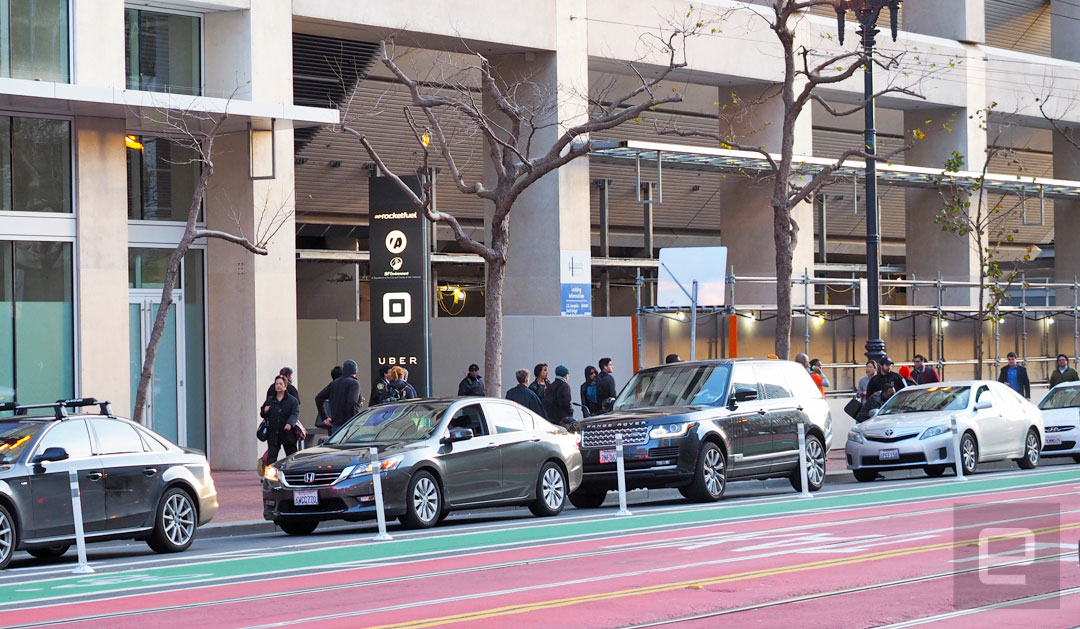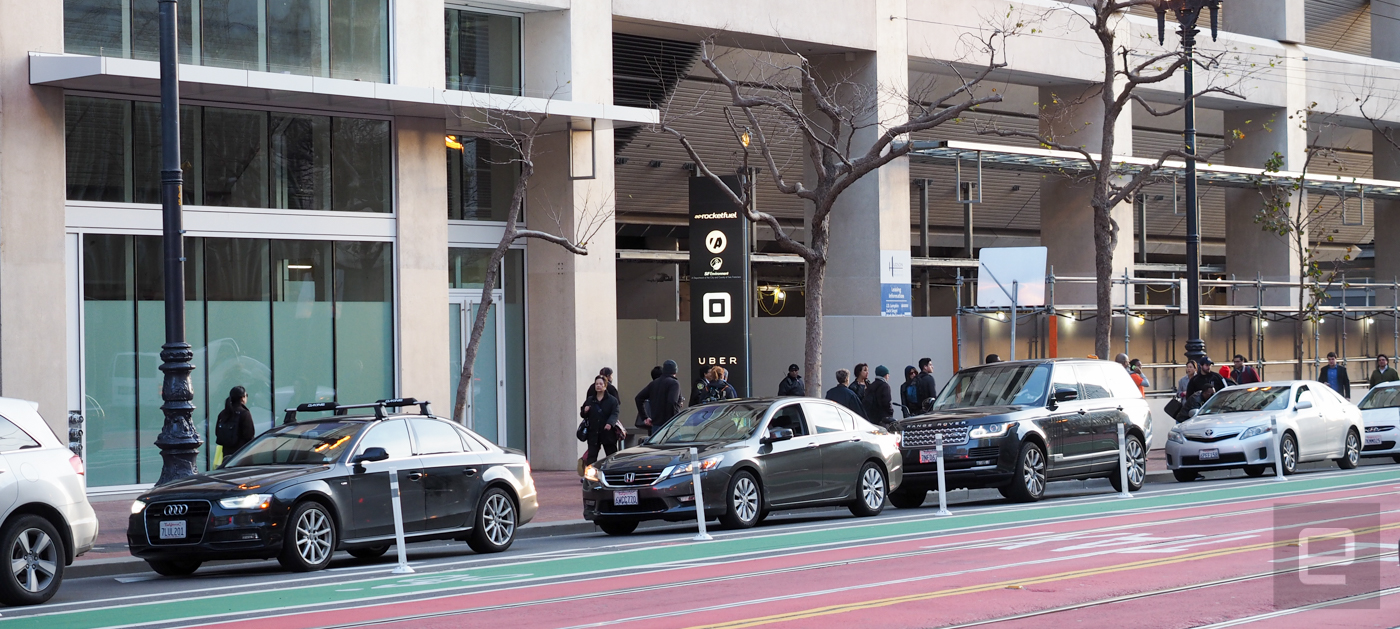Europe’s top court advised to treat Uber like a taxi company
Uber is a service that enables people to get from one place to another, but don’t you dare call it a taxi company. That way lies a whole mess of burdensome regulations that the startup has fought tooth-and-nail to avoid. Unfortunately, Travis Kalanick and co. may not be able to get away with the ruse much longer in Europe, as a senior expert has suggested that Uber might just be in the transport business.
The European Court of Justice is being asked to decide on a case between Uber and a body representing taxi drivers in Barcelona. Like many other taxi bodies around the world, the Asociación Profesional Elite Taxi believes that Uber operates as unfair competition. A Spanish commercial court, hearing the complaint, referred parts of the case to the higher, European court, which will rule on it later this summer.
Before the hearing, a question was referred to one of the court’s advocate generals, Maciej Szpunar to weigh in on. He was asked to determine what Uber’s business model was, since Uber positions itself much like so many of those gussied-up hotel-booking platforms. As such, it shouldn’t be bound by the same rules on background checks, safety and insurance. In his opinion, however, Uber is not simply a way for people to connect to drivers, but something far more meaningful.
Szpunar believes that Uber drivers “do not pursue an autonomous activity that is independent of the platform,” and wouldn’t even be Uber drivers without Uber. Secondly, Uber “imposes conditions” on its drivers that go beyond the hands-off approach of so many e-commerce platforms. Szpunar also points out that Uber hands bonuses to drivers who perform well and, conversely, excludes low-performing drivers.
All of these, in Szpunar’s opinion, means that the company “cannot be regarded as a mere intermediary between drivers and passengers.” In addition, the fact that its reason for being is to move people from one place to another, so it’s a transportation company. Put simply, if it walks like a duck and it quacks like a duck, then it’s a duck, no matter how hard Travis Kalanick says otherwise.
We’ve probably explained hundreds of times by now that these advisory documents are not binding decisions. But, opinions like this are often used by the court to make its judgments and frequently reflect how the court is thinking. So while, for now, Uber can continue to go about its business, plenty of eyes will be pointed towards Europe to see what the judges decide.
Update: An Uber spokesperson offered the following statement: “We have seen today’s statement and await the final ruling later this year. Being considered a transportation company would not change the way we are regulated in most EU countries as that is already the situation today. It will, however, undermine the much needed reform of outdated laws which prevent millions of Europeans from accessing a reliable ride at the tap of a button.”
(28)





